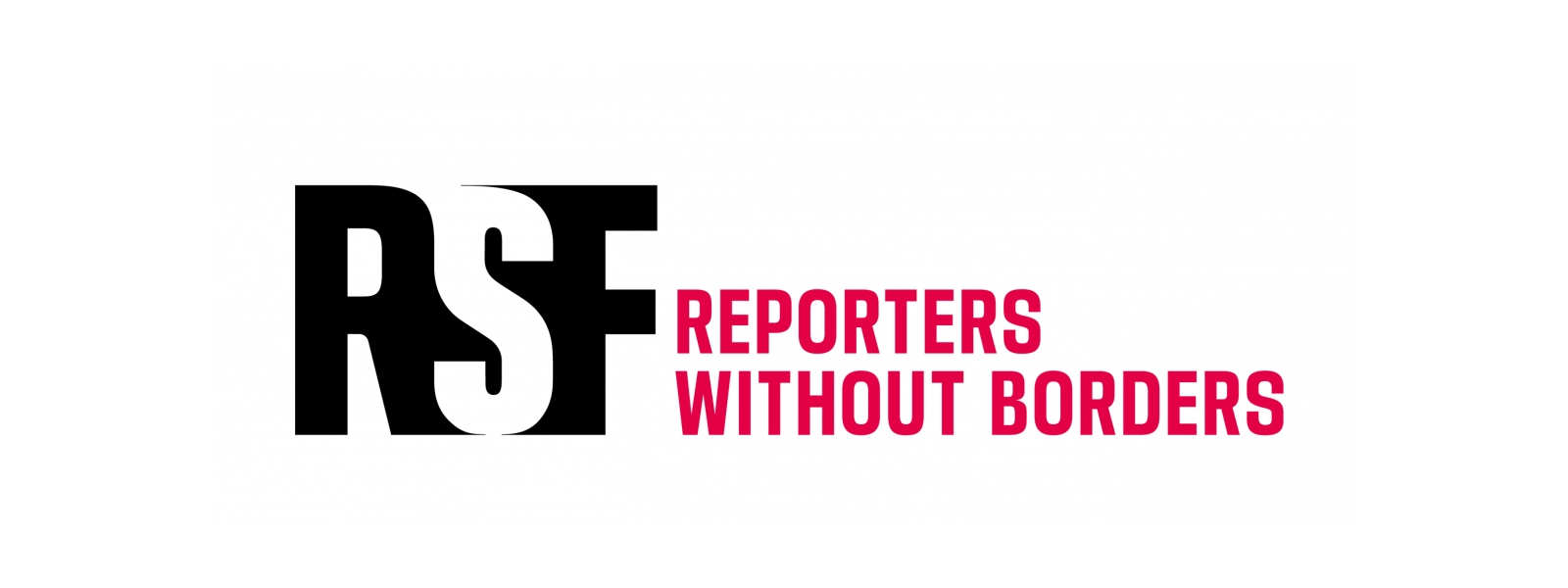
Following a landmark electoral win, which has secured the National People’s Power (NPP), a two-thirds parliamentary majority, Reporters Without Borders (RSF) has urged Sri Lankan President Anura Kumara Dissanayake to prioritise press freedom.
The statement comes as Sri Lanka has seen a worrying drop in RSF’s World Press Freedom Index, falling from 135th in 2023 to 150th in 2024 out of 180 countries. RSF maintain concern over the ongoing abuse media professionals face and the introduction of Sri Lanka’s Online Safety Act which encourages censorship as well as the maintenance of the Prevention of Terrorism Act. RSF describes these as tool in “Sri Lanka’s arsenal of legislation that is deliberately misused to silence journalists”.
Prior to the parliamentary election, Dissanayake’s party maintained that it would retain the PTA, breaking its prior campaign pledges. Human Rights Watch has also raised concern over the continued of the PTA to "target perceived opponents and minority communities without credible evidence" despite repeated promises to repeal the legislation and a moratorium on its use.
Commenting on Ranil Wickremesinghe's reign, Célia Mercier, Head of RSF's South Asia Desk, stated:
"There was no improvement to press freedom under former President Ranil Wickremesinghe, who came to power after the 2022 uprising. Sri Lanka is in a worrying situation that calls for urgent measures to guarantee journalists can work freely and in safety. RSF calls on the new president to commit to the right to reliable information and the protection of media professionals to further Sri Lanka’s path towards a free press.
The RSF put forwards five key recommendations:
- Eradicating the culture of impunity for crimes against media professionals
They highlight cases of forced disappearances including that of Prageeth Eknaligoda and Lasantha Wickrematunge. The NPP’s manifesto commitments include the investigation of unsolved killings and abductions of journalists. Tamil journalists across the North-East continue to face routine harassment from Sri Lanka’s security forces.
- Repeal of the draconian PTA
The RSF raises specific concerns that the legislation is being used to “silence critical voices and journalists” from Tamil and Muslim communities.
- Repeal the Online Safety Act
- Guarantee media pluralism and independence
- Guarantee journalists’ rights, including the protection of their sources.
RSF's reporting highlights that in Sri Lanka, journalist killings remain unpunished, fostering a culture of impunity. "The tenth anniversary of the end of the civil war in 2019 was marked by a troubling increase in attacks on reporters based in the north and on the east coast, the traditional Tamil homeland." To this date, "journalists there are subjected to systematic surveillance and harassment by the police and army and independent media are excluded from these areas", RSF stressed.
Read RSF's statement here.

